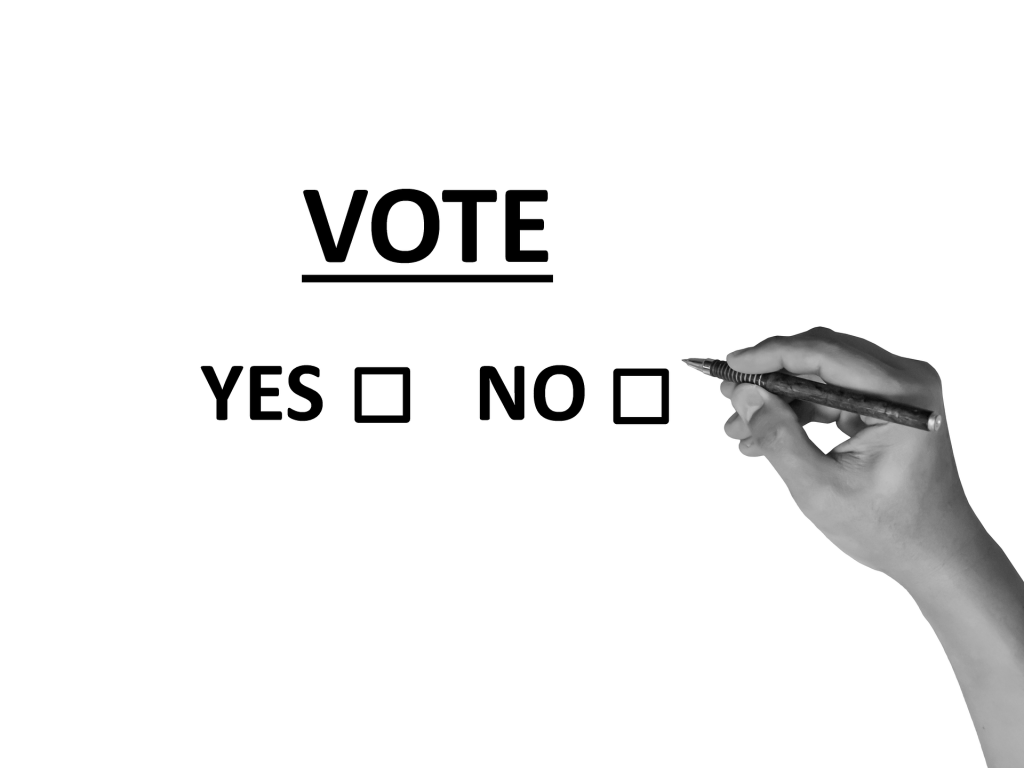
The library has a new database for you: Roper iPoll. This database can be accessed by using the Database, E-books, and Media quick link, then scrolling to Roper iPoll. You will also find a link in various Research Guides like history, business, social work, political science. This database includes poll data dating back to 1935 from both the United States and the world. You will find questions, responses, and statistics from polls about public opinions and behaviors related to social issues, politics, pop culture, and more.
You can search for keywords – like fitness – to find questions, poll titles, responses, and abstracts. You may also want to search fitness as a topic to find polls relating to fitness, which would include questions without the word fitness. Roper iPoll also gives the option of narrowing searches by location, date, and exclusion of specific words. You can choose to find data only from the United States or maybe Australia. You can also search for polls conducted in specific states. This may be helpful for research about a particular area.
Roper iPoll is a great place for finding polling statistics for any research assignment. This data can inform project proposals and provide public opinion background for a given research topic. If you need help using Roper iPoll or any of our databases, please contact a librarian or schedule a research coach appointment. We are always happy to help.





